In today's fast-paced world, getting a good night's sleep can sometimes feel like a luxury. While there are many strategies to improve sleep, one simple and effective method is often overlooked: incorporating indoor plants into your bedroom. Not only do these plants enhance the aesthetic of a room, but they also provide significant health benefits that can help improve the quality of your sleep. Here’s how having indoor plants in your bedroom can lead to more restful nights.
1. Natural Air Purifiers

One of the primary benefits of indoor plants is their ability to purify the air. Plants absorb carbon dioxide and release oxygen through the process of photosynthesis. At night, some plants like orchids, succulents, and epiphytic bromeliads continue to release oxygen, which can improve air quality and make breathing easier while you sleep. Additionally, plants such as the snake plant and peace lily can remove toxins like benzene, formaldehyde, and trichloroethylene from the air. Cleaner air reduces the risk of airway irritation and allergies, which can disturb sleep.
2. Humidity Regulators

Dry indoor air, particularly in winter, can irritate the respiratory and integumentary systems, leading to discomfort that may keep you awake. Many indoor plants naturally increase humidity levels through a process known as transpiration. As plants release water vapor during transpiration, they increase room humidity, which can help alleviate dry skin, sore throats, and cold symptoms that might interfere with sleep. Plants like the areca palm and the rubber tree are excellent for adding moisture to the air.
3. Stress Reducers

Stress and anxiety are common culprits behind sleep disturbances. The presence of indoor plants has been shown to reduce stress and create a calming atmosphere. Studies suggest that interacting with plants can lower blood pressure and reduce levels of cortisol, a stress hormone, in the brain. Having a plant like lavender in the bedroom can be particularly beneficial, as its natural scent is renowned for its relaxation properties, helping to decrease heart rate and blood pressure, thus preparing the body for sleep.
4. Sound Barriers
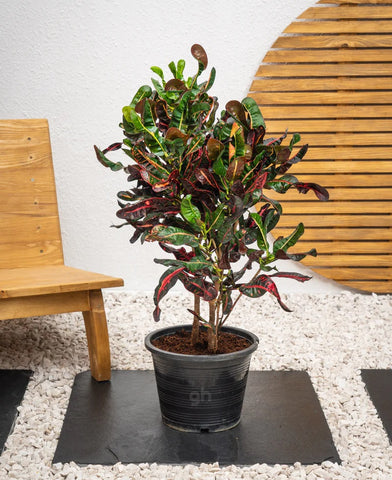
Although less known, plants can also act as natural sound barriers. They absorb, diffract, and reflect background noise, making them useful for reducing ambient sounds that might disrupt sleep. Placing several large, leafy plants like the rubber tree or weeping fig in areas where noise is an issue can help dampen unwanted sounds from traffic or neighbors, leading to a quieter, more serene sleep environment.
5. Enhanced Sleep Quality through Aesthetic Improvements
The visual aspect of indoor plants can also contribute to a better sleep environment. A room that looks pleasant and calming can significantly affect one's mood and ability to relax. The aesthetic presence of plants with their soothing green colors and natural textures help create a tranquil sanctuary in your bedroom, conducive to relaxation and sleep.
Also Read- Ultimate Guide To Caring For Tropical Indoor Plants: Essential Tips For Gardeners
6. Choosing the Right Plants
While many plants are beneficial for improving sleep quality, it’s important to choose the right ones for your bedroom. Some of the best plants for sleep include:
- Lavender: Known for its calming and sleep-inducing effects.
- Jasmine: Its soothing scent is known to reduce anxiety levels and improve sleep quality.
- Aloe Vera: Emits oxygen at night, enhancing the air quality in your bedroom.
- Snake Plant: One of the best for filtering indoor air and improving room environments for better sleep.
Also Read- 6 Amazing Air-Purifying Plants For A Healthier Home
Conclusion:
Incorporating plants into your bedroom isn’t just about decoration; it’s a natural and effective way to enhance your sleep quality. By choosing the right plants and positioning them appropriately in your bedroom, you can enjoy the therapeutic benefits they offer. Not only will your room look more inviting, but you’ll also breathe cleaner air, experience less stress, and enjoy a quieter sleeping environment. Embrace the power of plants and transform your bedroom into a restful retreat.


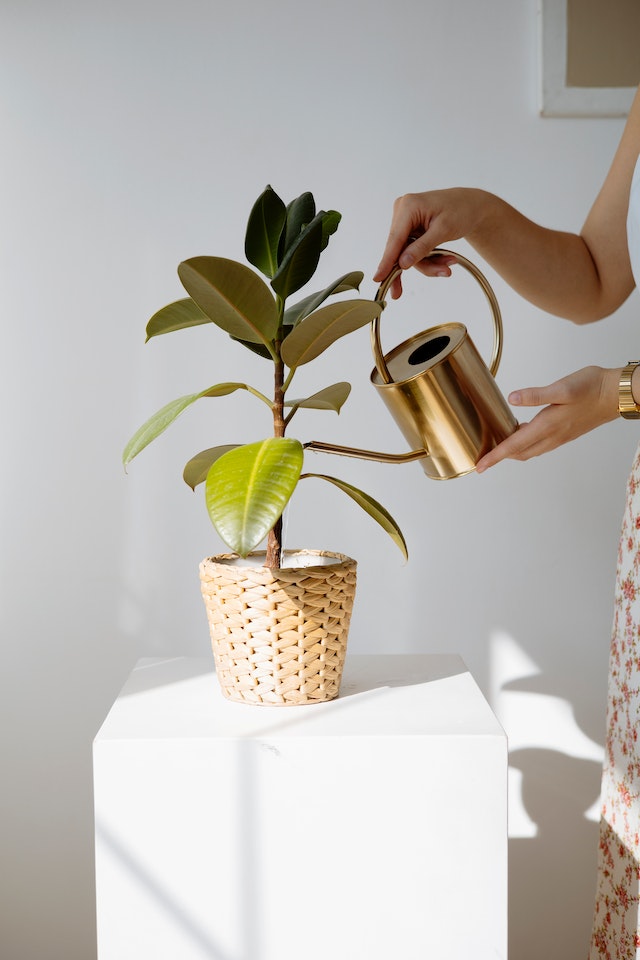
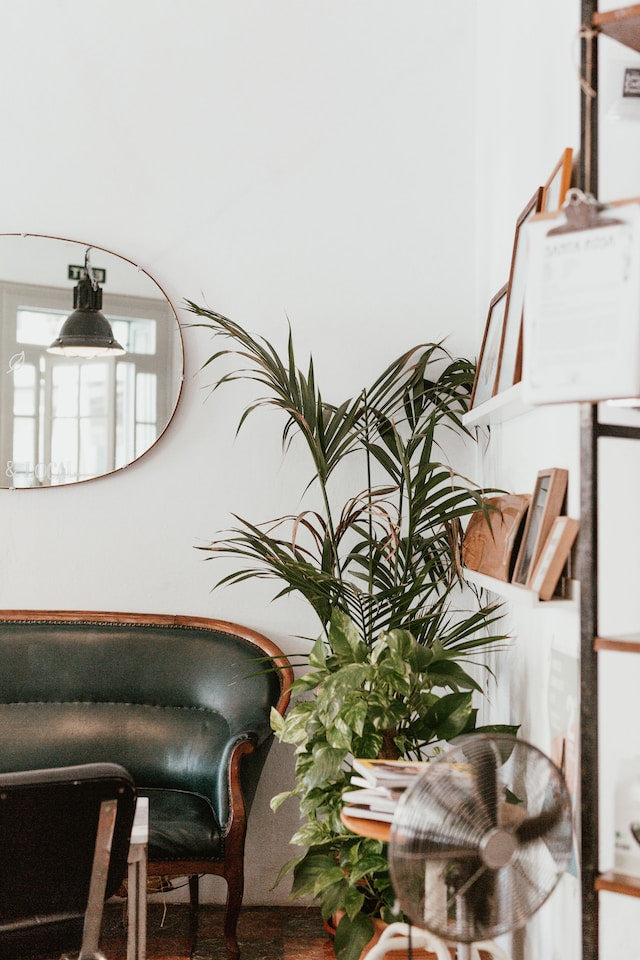
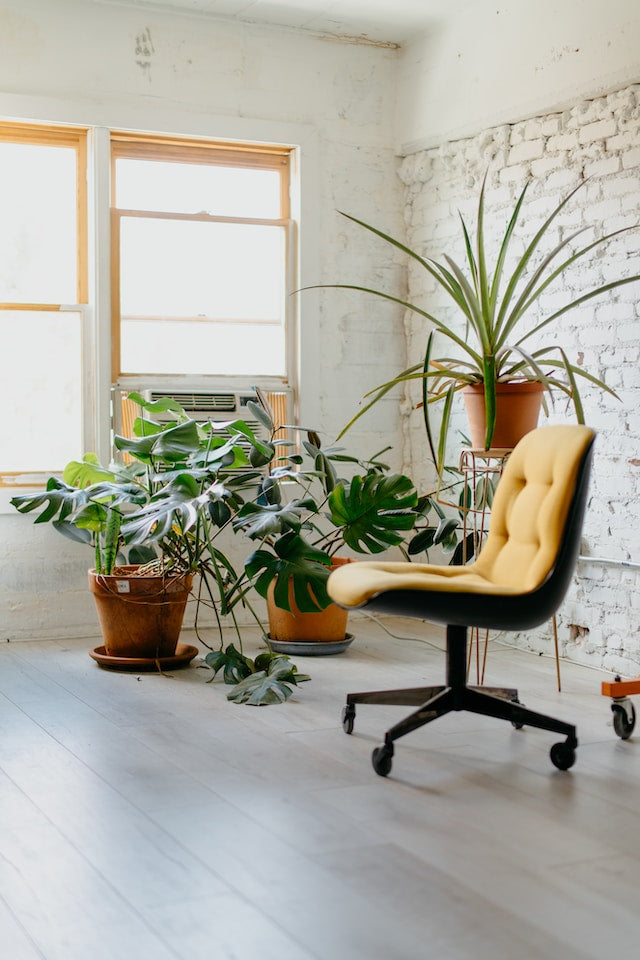
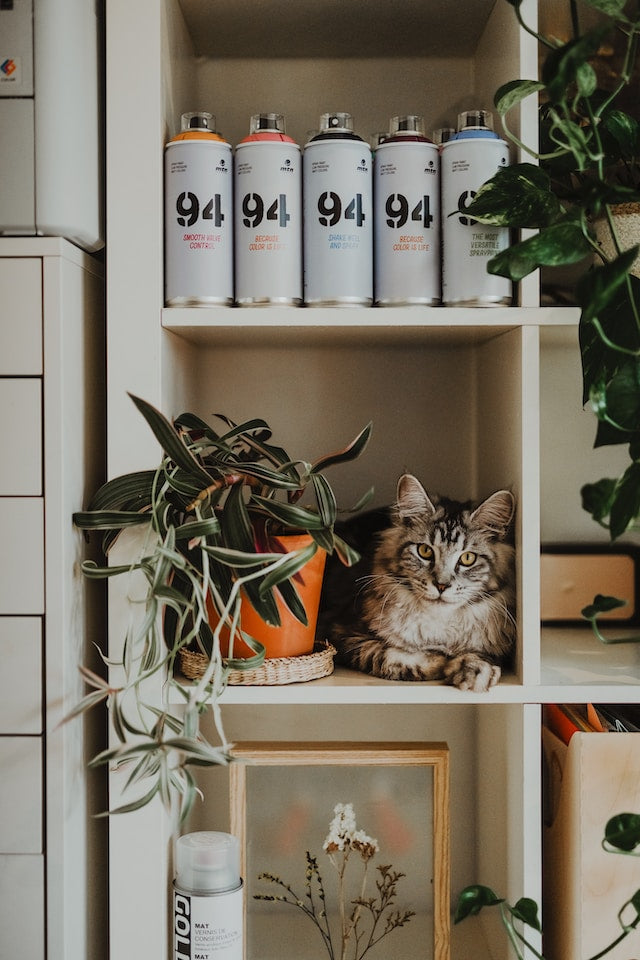
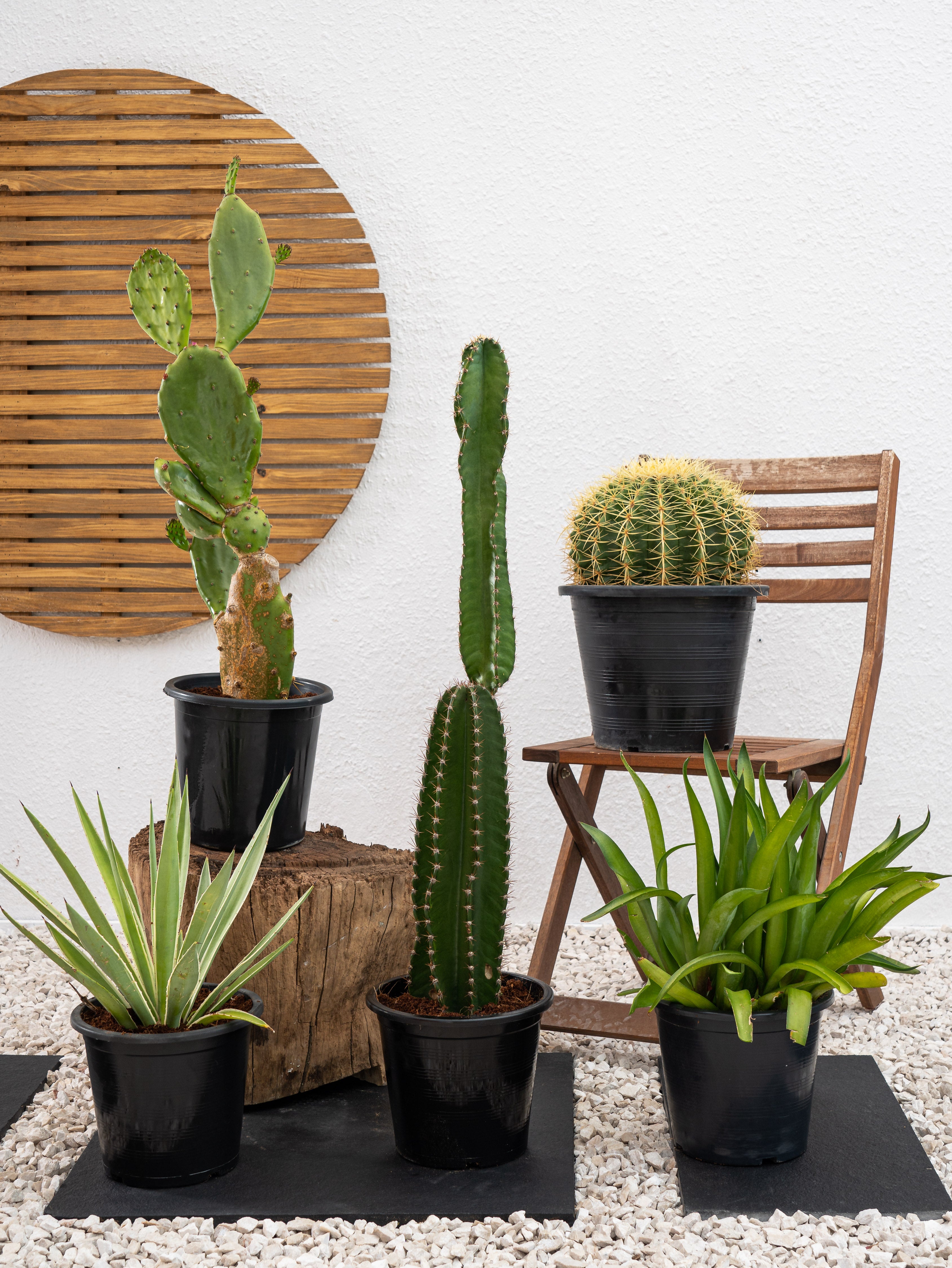


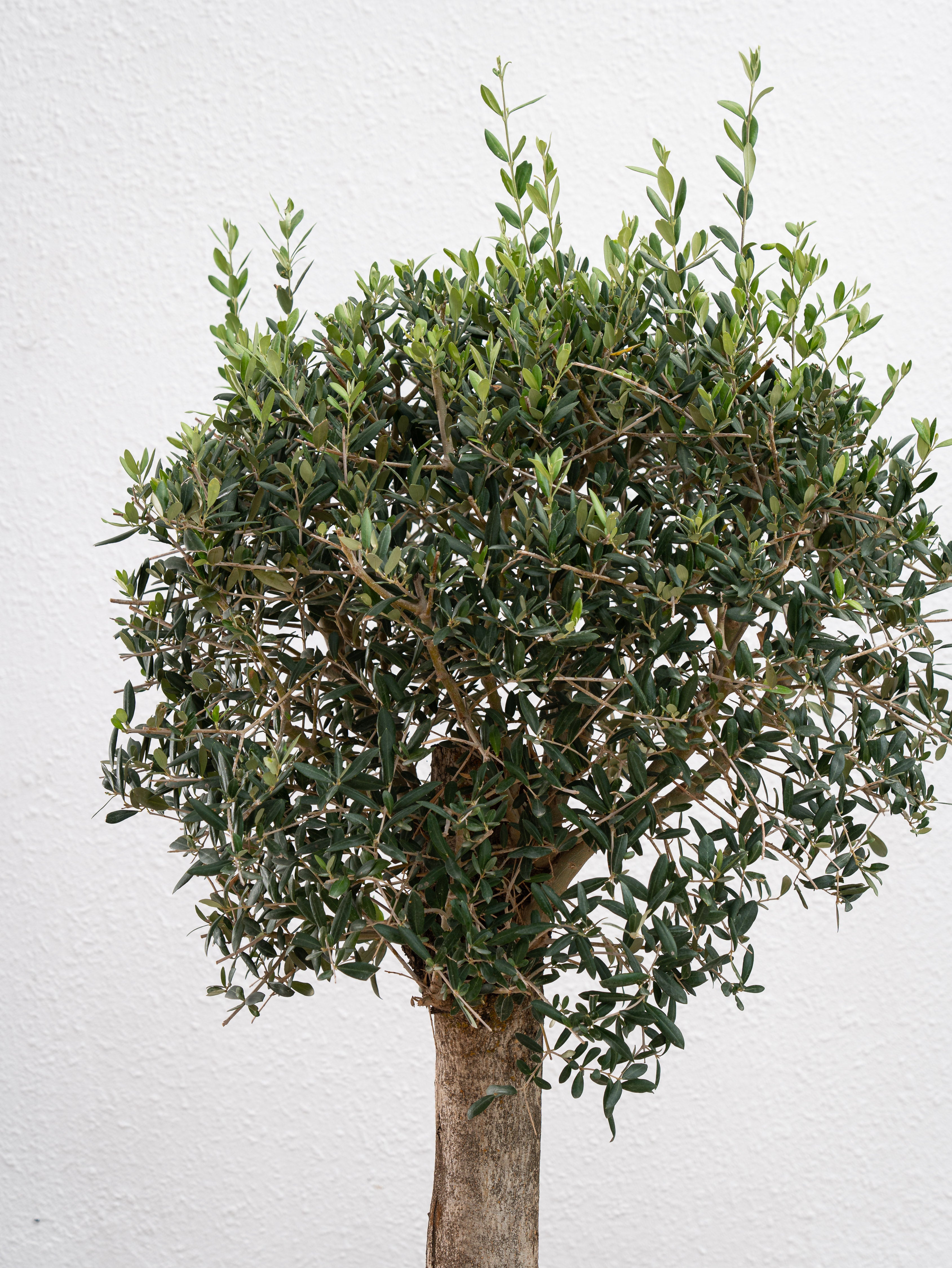
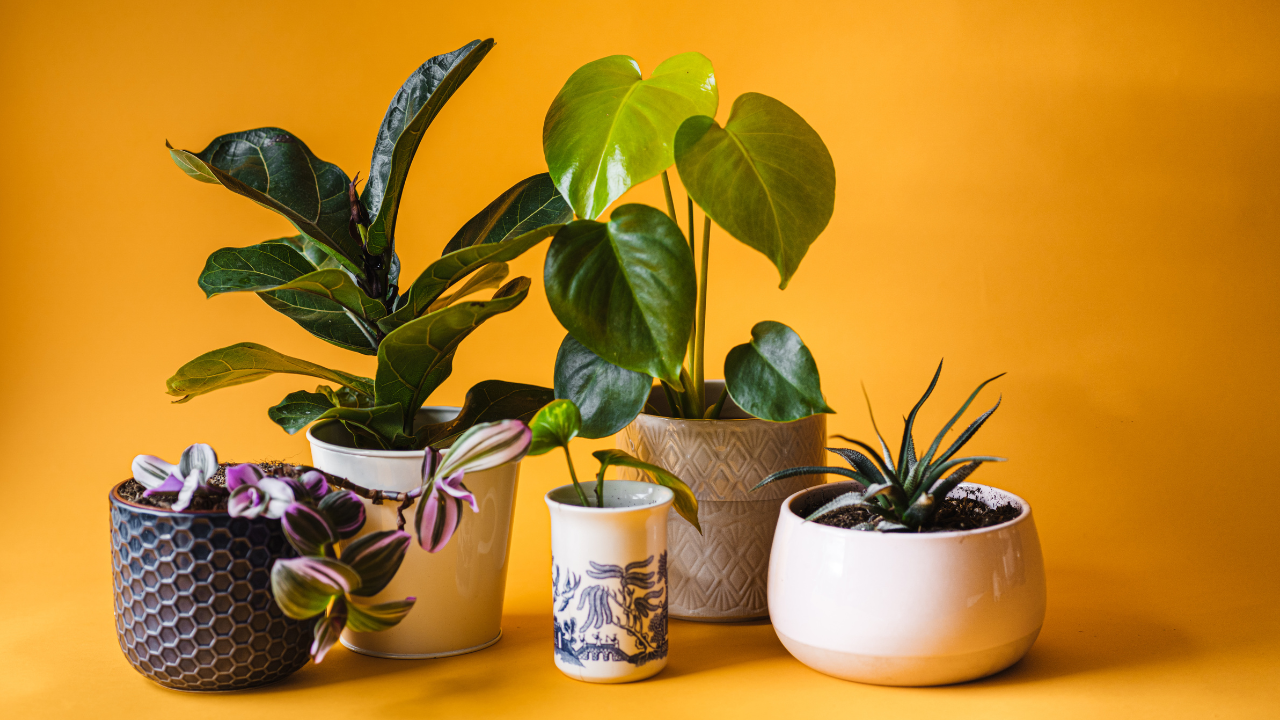

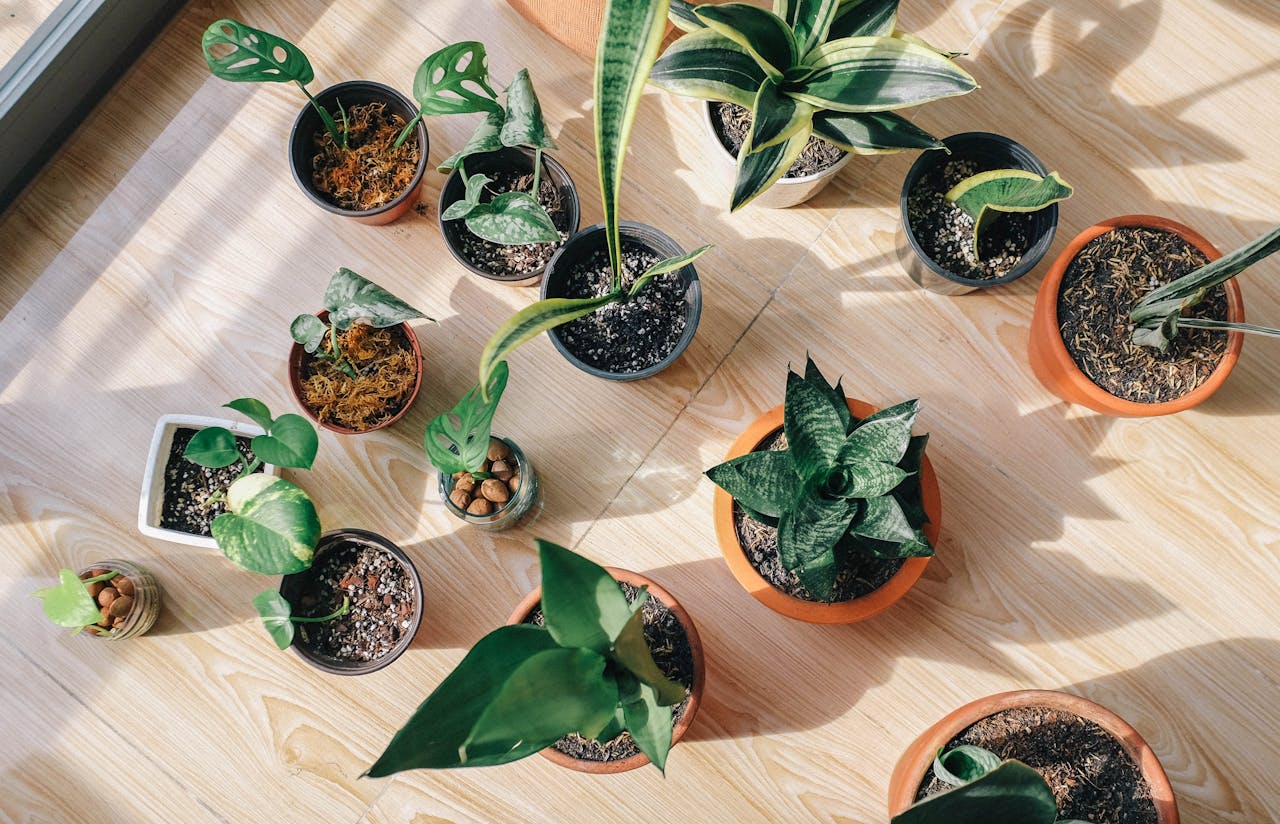
Leave a comment
This site is protected by hCaptcha and the hCaptcha Privacy Policy and Terms of Service apply.